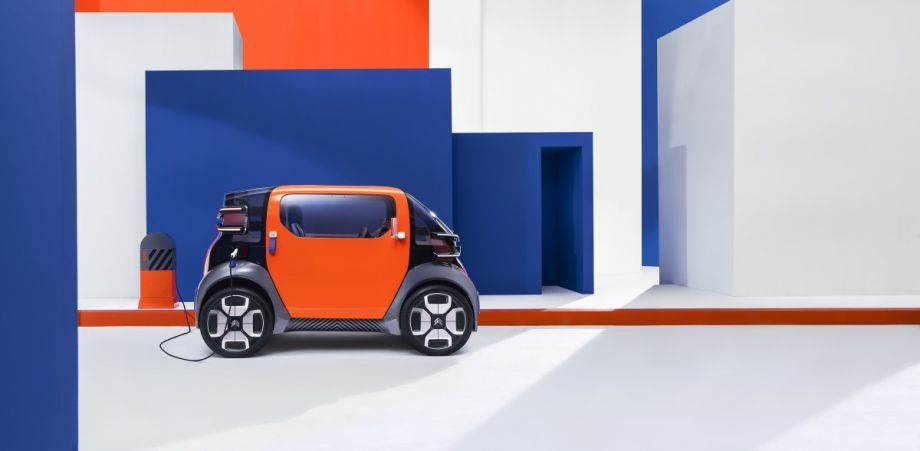The Hub 3/8/19: Clean Air Council’s Weekly Round-Up of Transportation News

“The Hub” is a weekly round-up of transportation-related news in the Philadelphia area and beyond. Check back weekly to keep up to date on the issues Clean Air Council’s transportation staff finds important.
PlanPhilly: New breed of traffic cop could soon hit Philadelphia streets – City Council President Darrell Clarke has proposed a new class of traffic cop, unarmed public safety enforcement officers. These officers would be responsible for ticketing vehicles blocking crosswalks and bike lanes in Philadelphia’s most congested corridors. Clarke argues that this would reduce congestion and free up full fledged Police Officers to focus on other issues.
Billy Penn: SEPTA strike: Why transit cops walked off the job – 178 SEPTA transit police officers are on strike as of Wednesday afternoon. They have been without an agreed upon contract since March of 2018. The Fraternal Order of Transit Police Lodge #109, the union that represents SEPTA’s transit police, is arguing that SEPTA transit police officers are understaffed and underpaid compared to their supervisors.
GQ: Why People Pick Public Transit Over Driving – 58% of Americans said they would like to drive less, but feel there is not adequate transit infrastructure to support their needs. For many people, transit is the only option, but for others, it’s a choice they make over driving. Environmental and economic considerations play a role, but so does enjoyment of commute time. Being able to be engulfed in a podcast or a book and not operating a vehicle obviously appeals to many.
Next City: Dockless Trikes and Tiny Cars: Coming to City Streets Near You? – Gotcha is a startup operating dockless bikes and scooters mostly on college campuses. Gotcha will release electric trikes with a top speed of 25 mph at South By Southwest in Austin, Texas. The start-up will also debut a prototype of a small, 2 seater electric concept car at the Geneva Motor Show. It will be unlocked with a smartphone app, will reach a speed of 28mph, and a be able to travel 65 miles per charge.
City Lab: The Geography of America’s Mobile and ‘Stuck,’ Mapped – How much does where you are born affect your mobility? As income inequality in America grows, more than half of the population over 25 still lives in the state where they were born. Despite living in the digital age, economic mobility still depends heavily on where we live and our ability to move. Transportation connections between cities can create new economic opportunities simply by allowing people who otherwise would be stuck to move easily between two cities.
Image Source: Next City

